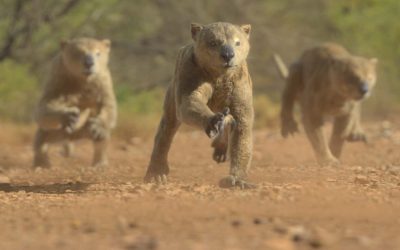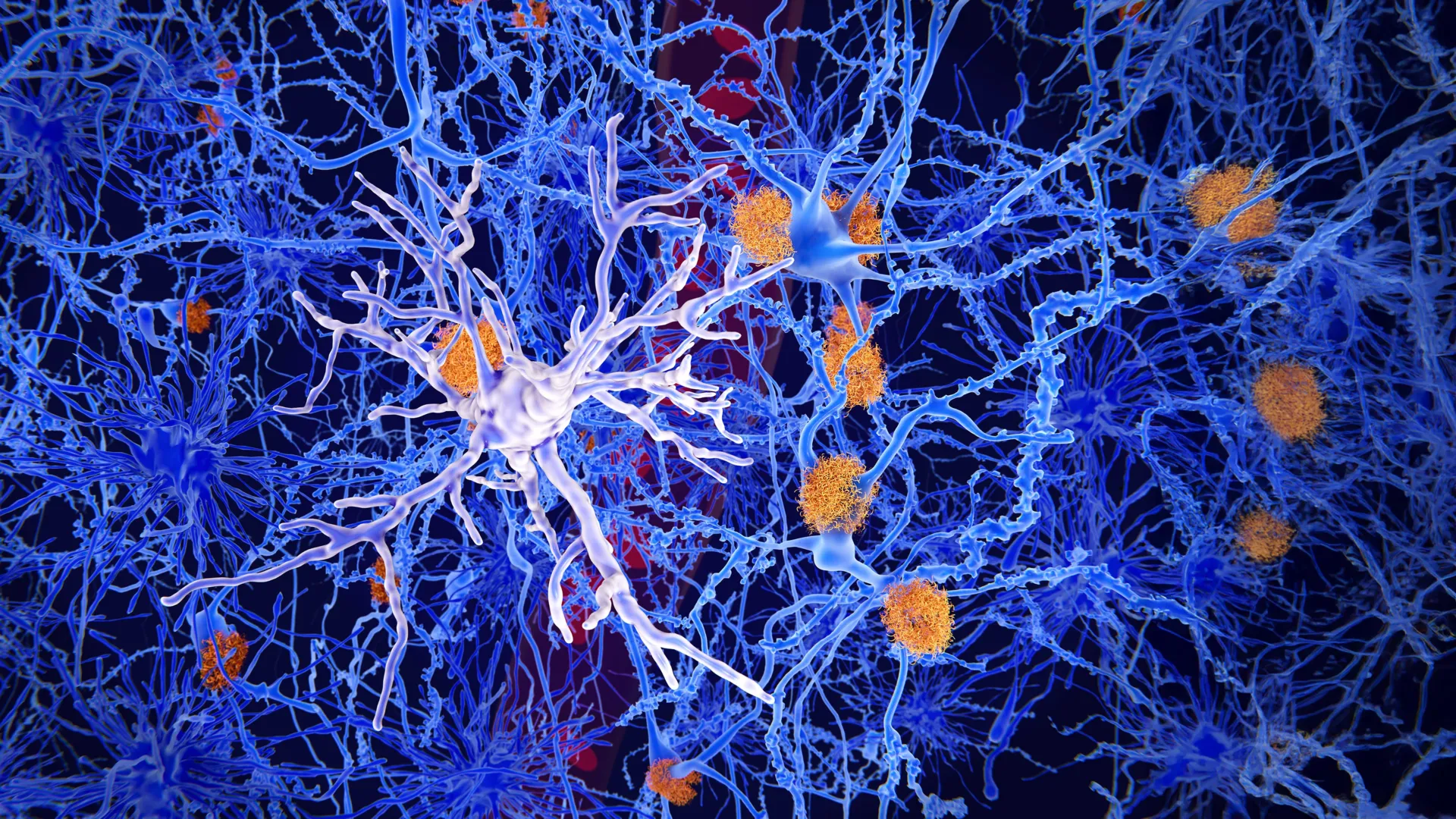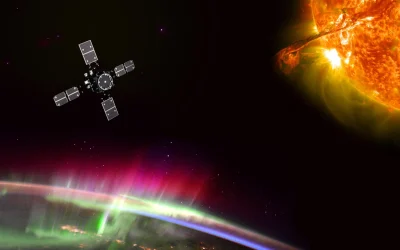
Scholars say most of what we believe about Vikings is wrong
According to scholars of Scandinavian studies, many widely held beliefs about Vikings and Old Norse paganism cannot be confirmed through modern scientific methods. “They are based essentially on reports written by Christian scholars in the High Middle Ages well over a century later, since, besides brief runic inscriptions, no written texts from the original period…











